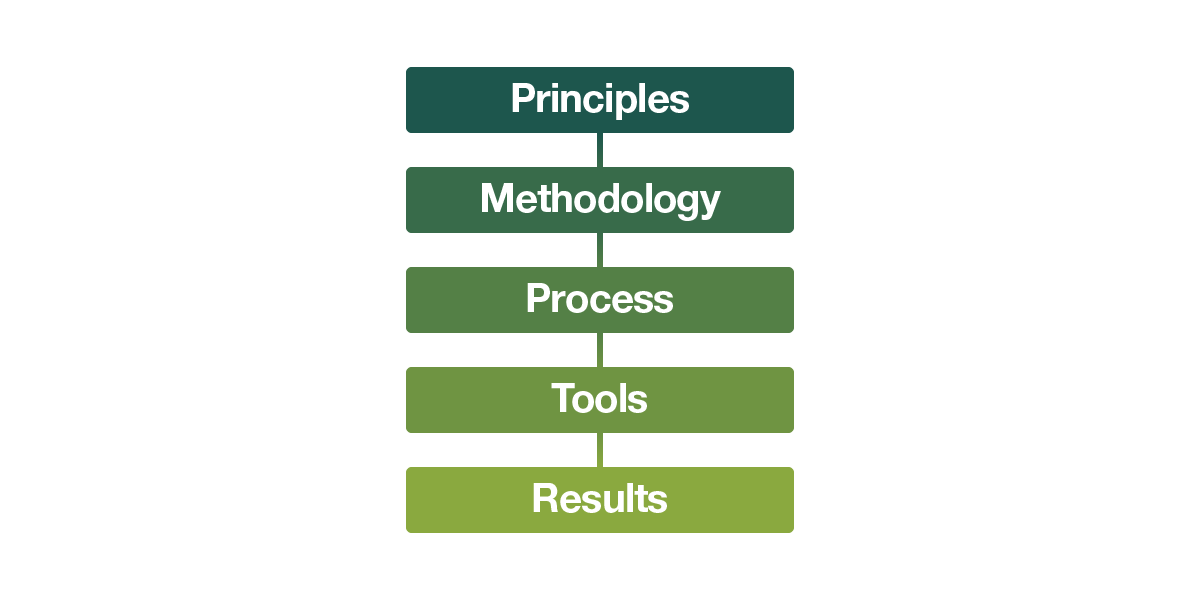Note: This article is the concluding post in a six-part series about mastery.
“On the EMI label, there is a classic compilation titled Les Introuvables du chant Verdien, which is almost guaranteed to transform even the huskiest young fan into a tiresome old opera queen who complains that no one can sing Verdi anymore.”
– Alex Ross, Listen to This
Leontyne Price is a treasure in the world of opera and the world in general.
She was featured recently in an excellent documentary on the making of the Metropolitan Opera House at Lincoln Center and in February celebrated her 92th birthday. This new attention inspired me to check out some of her signature performances, especially her work in Verdi’s Aida.
Here is a video from early in her career:
And another from her farewell performance in Aida at the Met in 1985:
This last clip captures a stunning moment in opera history—full of love, sadness, and gratitude uniting the audience and the performer.
I watched this entire opera recently on Met on Demand, and although I fell asleep once at a live performance of Aida, this one is thoroughly engaging. It’s also a fascinating time capsule of NYC in the 1980s. During the second act’s Triumphal March there’s an eyebrow-raising homoerotic fight dance, followed by chorus of women in blackface. Opera has a reputation for being stuffy, but in real life, it can be really, really weird.
Fast forward thirty-three years. Another famous soprano, Anna Netrebko, recently performed the same role at the Met to thunderous reviews. (It’s also available on Met on Demand.) Unlike Leontyne Price, Netrebko did not make her early reputation with dramatic roles. She started out as a well-regarded lyric soprano, famous for bel canto and the lighter side of Mozart and Puccini.
Then—suddenly, it seemed—she started pursuing weightier roles like Lady Macbeth, and she has moved on steadily to almost all the big parts requiring shake-the-rafters voices: Tosca, Turandot, Norma, Aida, Isolde.
In her 2014 Macbeth performance, part of the joy is watching her revel in wickedness and play completely against type. It’s frightening and deliciously entertaining.
Her 2018 role debut in Aida at the Met though was less triumphant.
During “Ritorna Vincitor,” where Leontyne Price stood still in the “park and bark” style of the time and reeled in the audience purely with her voice and emotional commitment, Netrebko frets about the stage, dissipating her energy. The sound too is less lovely. (She’s had better evenings recently with this piece in other productions.)
Her performance of “O patria mia” likewise suffers by comparison:
It’s another big moment in opera history—a major star, taking on a major role at the Met for the first time. But the acting is not fully convincing, and the musical line, instead of hovering just at the edge of the sublime, hovers sometimes just at the edge of failure.
And yet the crowd applauds. Many reviews commented that Netrebko was the first to really own this role since Leontyne Price. I’ve watched both performances, and honestly: I don’t see it. I don’t get it.
Really, I think I do though. Netrebko is after a different goal than Leontyne Price. She is a 21st century media star, not a mid-to-late 20th century opera singer. She is like a Madonna or Lady Gaga of the opera world, and the excitement watching her at this stage of her career is less about savoring how perfect and polished her work is but how risky and gleeful she is about breaking conventions and expectations. She’s becoming herself, publicly. Like Björk or Beyoncé, she knows how to create an event. The audience is with her, and as a Netrebko fan myself, I most of all want to see her do what she wants to do.
At the same time, part of me feels sad that no one can really sing Verdi anymore.
Eye on the prize
Organizations must be very clear about the results that they want. A better mood in the shop, hitting the Q2 numbers, signing a contract with a strategic partner, getting another round of investment or a positive mention in the press are all good things. But are they the right good things?
An important principle is that we begin with the result in mind. Good strategic plans start with the goals; good coaching is likewise goal-focused. As David Allen said in Getting Things Done: “You can do anything, but not everything.” What is it we want to do?
Do we want to be a rock star… or an opera star? Do we want to sing Mozart, or sing Aida? Do we want to sing it perfectly or do we want to sing it “our” way? Or do we want to sing and perfect our craft for the sheer joy of it, whether we ever become a star at all?
Opera singers have a lot to teach us.



Leave a Reply